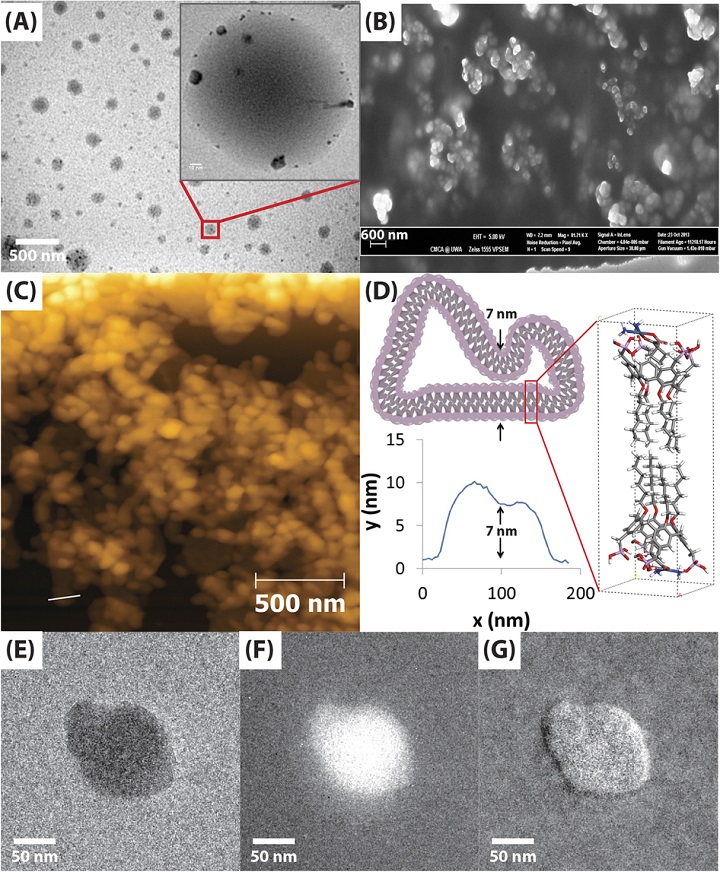Researchers in Australia have used the vortex fluidic device – the same device using which researchers unboiled an egg – to produce a four-fold increase in efficacy of carboplatin, a commonly used drug for ovarian, lung and other cancer.
Published in journal Scientific Reports, the research notes that platinum based drugs have received worldwide approval in treating cancers, with carboplatin as a second-generation platinum based drug being safer than the traditional cisplatin while retaining a similar spectrum of activity.
The anti-cancer activity of carboplatin arises from its binding to DNA, thereby inhibiting DNA synthesis and cell division, but the researchers are quick to point out there there are two major limitations of carboplatin – its high polarity that hinders its permeation across cell membrane, and its facile degradation into non-active complexes by glutathione (?-glutamylcysteinylglycine) and proteins containing methionine or cysteine residues.
Researchers say that improved chemical delivery of drugs will be the key to discovering an effective cancer cure. One delivery method is through vesicles made up of designer calix[4]arene based lipid mimics, which are non-toxic and are potent anti-oxidants.
Researchers say that vesicles can be wrapped with polymers for increased stability tagged with fluorescent molecules for tracking, tagged with targeting agents for increased delivery specificity and can intercalate non-polar drugs as well as store water-soluble active agents in their central core.
This is what scientists have achieved in their latest research wherein carboplatin molecule were bound within the ‘cup’ or cavity of the calix[4]arene lipid mimic, which is dramatically enhanced within the shear regime of the dynamic thin films in a vortex fluidic device.

Researchers say that these vesicles offer scope for imparting added cancer cell specificity to a cancer targeting tag, as well as imparting a degree of protection to the carboplatin molecule during transport to the tumor.
“With ovarian cancer, we found that this technology can increase the loading of second generation anti-cancer carboplatin drugs into delivery vehicles from 17 per cent to 75 per cent,” South Australian Premier’s Professorial Research Fellow in Clean Technology, Flinders University Professor Colin Raston said in a press release.
“This not only would have a direct benefit of reducing the negative side-effects which affect patient health, but of being able to use less of the drug.”
Using more effective drugs would also reduce manufacturing waste, with up to half a tonne of waste generated from the production of just 1kg of anti-cancer and other drugs.
“Much of the drugs end up in sewerage systems and possibly create superbugs in our environment,” Professor Raston added.
Cancer kills about eight million people a year worldwide.
The start of VFD sales will escalate the application of this new scientific research work, Professor Raston said.
“Our VFD will enable the pharmaceutical and many other industries to innovate – including further improvements in the chemical delivery of a range of existing approved drugs, as well as development of new improved drugs.”
